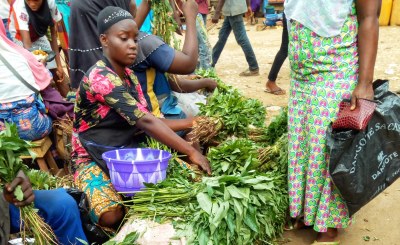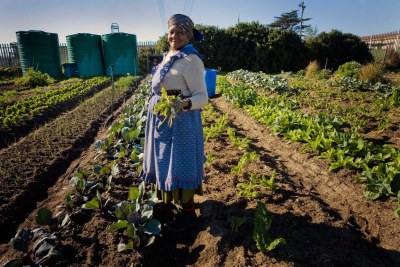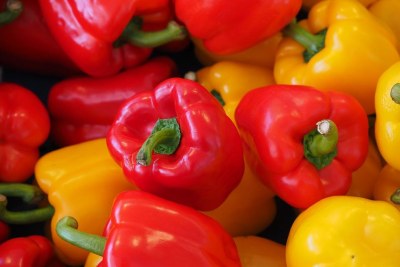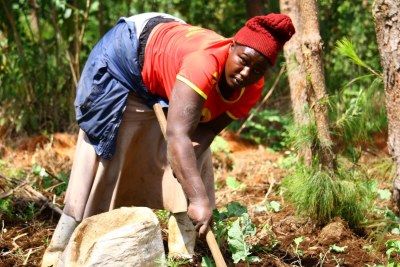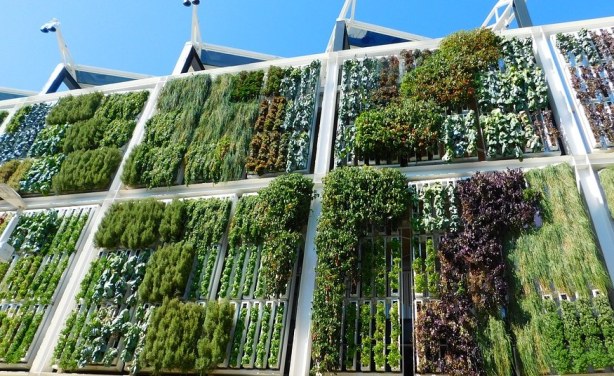-
Africa: Growing Plants On Buildings Can Reduce Heat, Produce Healthy Food in Cities
The Conversation Africa, 24 October 2022
Persistently high temperatures and related heat stress are a big problem for people living in cities, especially in slums and informal settlements. It's a problem that is expected… Read more »
-
Ethiopia: From Conflict to Climate Shocks, Women and Girls Are Disproportionately Affected
UNFPA, 24 October 2022
Grinding conflict, climate shocks including drought and floods and the impacts of COVID-19 have left more than an estimated 25 million people in need of humanitarian assistance.… Read more »
-
Africa: Climate Change Brings New Pest & Disease Pressures Previously Unimaginable #AfricaClimateCrisis
IPS, 25 October 2022
In temperate zones lie most of the world's richest countries, which have also been up till now the world's major breadbaskets, in meeting international grain, oilseed and livestock… Read more »
-
Kenya: Farmers Face Losses As Climate Change Starts to Take Course #AfricaClimateCrisis
Capital FM, 25 October 2022
James Maina, a tea farmer in Muranga county in Kenya is a distraught man. Read more »
-
IPS, 20 October 2022
The countdown to the UN Climate Summit COP27, which will take place in Sharm el-Sheikh, Egypt, from November 6 to November 18, has begun. Read more »
Greening of Buildings Can Reduce Heat, Produce Healthy Food
Persistently high temperatures and related heat stress are a big problem for people living in cities, especially in slums and informal settlements. It's a problem that is expected to continue, writes Olumuyiwa Adegun for The Conversation.
Heat exposure in Africa is projected to increase, along with a shortage of basic services and infrastructure, low-quality housing, poor socio-economic conditions and few green spaces in slums and informal settlements.
Green spaces have the potential to reduce heat and, in turn, improve health, especially in vulnerable urban areas such as informal settlements.
Vertical greening can be scaled up. Parks and other green open spaces are usually created in formal and affluent neighbourhoods. While this is good, it must be complemented by policy initiatives and programmes that promote citizen-led, community-based vertical farming in dense informal settlements.
These vertical gardens provided healthy vegetables for the residents to eat. From a typical prototype in Nigeria, up to 1kg of vegetables were harvested in a six-week cycle.
InFocus
-
Africa has the natural resources and the policies required to tackle poverty and hunger - but these policies are not effectively implemented. Noting the impact of Russia's invasion ... Read more »
-
World Food Day will be celebrated on October 16, 2022, with the theme "Leave No One Behind". In Kenya, potato farmers are learning how to produce certif Read more »
-
Agroecology supports the soil, and biodiversity which is important for resilience. It allows farmers to adapt to climate change, and sustainably use and conserve natural ... Read more »
-
The government has lifted the ban on genetically modified crops following a Cabinet meeting chaired by President William Ruto. The ban on genetically modified imp Read more »
-
Over 30 different products mostly imported from the U.S., China, India and South Africa - labelled to be produced with genetically modified ingredients - are in the Nigerian ... Read more »
